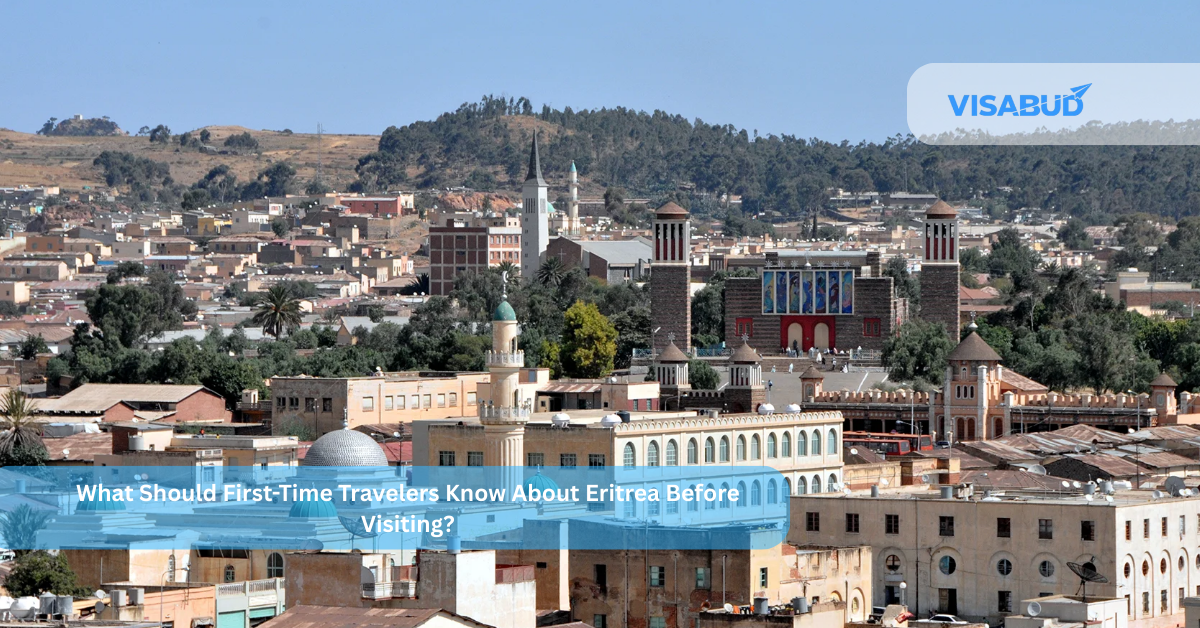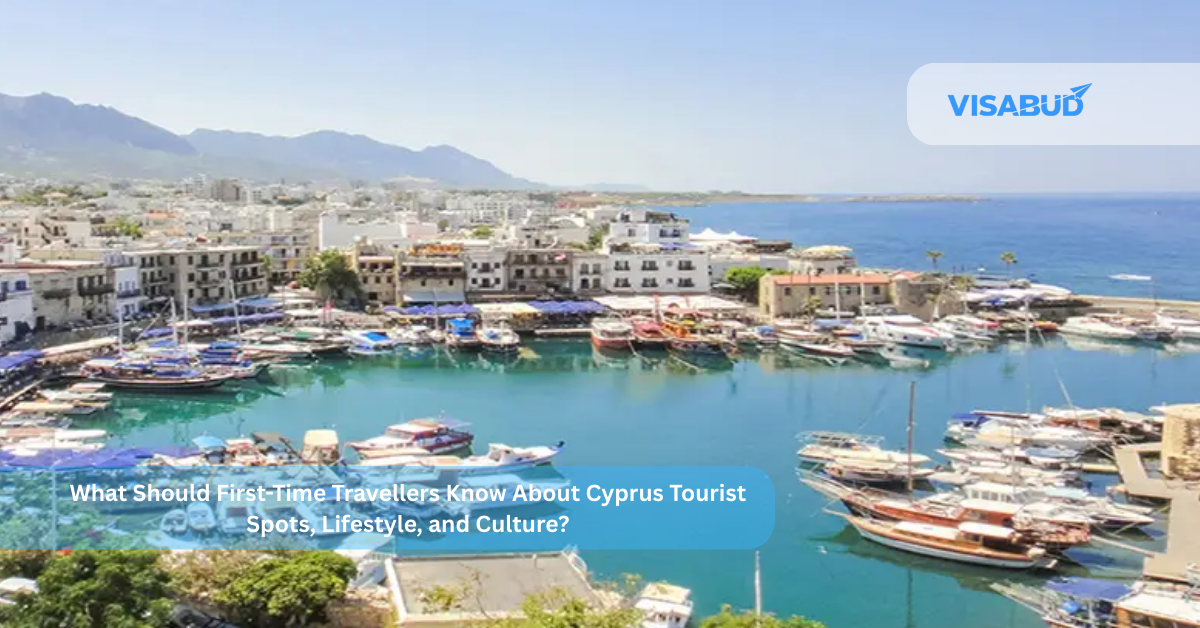El Salvador Travel Guide: All you need to know to visit El Salvador in 2025
Welcome to El Salvador
El Salvador country information
Located in Central America, El Salvador is a small nation with borders with Guatemala to the northwest, Honduras to the northeast, and the Pacific Ocean to the south.
Geography: El Salvador is a small Central American country known for its rugged terrain and active volcanoes. It borders Honduras to the north and east, Guatemala to the west, and the Pacific Ocean to the south. A narrow coastal plain, a central plateau, and a mountainous region in the north and east characterize the country’s landscape. The highest point is Cerro El Pital, which is 2,730 meters above sea level. The country’s numerous volcanoes, some still active, have shaped the land and provided fertile soil for agriculture. El Salvador also has several lakes and rivers, including Lake Coatepeque and the Lempa River, the longest river in Central America. El Salvador is particularly susceptible to earthquakes and volcanic eruptions within the Pacific Ring of Fire.
Climate: El Salvador’s tropical climate is mainly influenced by its proximity to the equator and location along the Pacific Ocean. The country experiences distinct wet and dry seasons, including the wet and dry seasons. During the wet season, El Salvador receives heavy rainfall, particularly in the coastal regions and mountainous areas, which can lead to flooding and landslides. The dry season in El Salvador is marked by high temperatures and low humidity, which makes it an attractive time of year for visitors. The coastal areas experience warm temperatures year-round, while the mountainous regions are more remarkable and experience more variable weather conditions. El Salvador is also prone to tropical storms and hurricanes, which can occur between June and November and cause significant damage to infrastructure and crops. Overall, El Salvador’s climate is essential to the country’s agriculture, tourism, and overall way of life.
Population: The population of El Salvador is approximately 6.5 million people, with the majority of the population living in urban areas. San Salvador, the capital city, is the largest city in the country. The country has a young population, with around 29% of the people under the age of 15 and median age of 27 years. Most Salvadorans are of mixed indigenous and European descent, with a significant indigenous population.
Languages: The official language of El Salvador is Spanish, spoken by most of the population. English is also spoken in tourist areas and by some business professionals. However, several indigenous languages, such as Nahuatl, Maya, and Lenca, are still spoken in the country, reflecting the country’s rich indigenous heritage. There has been a growing interest in preserving and promoting these languages, and efforts have been made to educate them and raise awareness of their importance.
Religion: Most population in El Salvador is Roman Catholic, with an estimated 47% of the population identifying as Catholic as of 2021. Catholicism was introduced to El Salvador during Spanish colonization and has remained the dominant religion in the country. However, significant Protestant and Evangelical Christian communities exist, particularly in urban areas.
Government: El Salvador is a presidential representative democratic. The current President of El Salvador is Nayib Bukele, elected in 2019. The country’s legislative branch is a unicameral National Assembly with 84 members elected for three years. El Salvador has a mixed economy, with agriculture, manufacturing, and services being the main economic sectors. However, the country still faces high poverty levels, inequality, and crime.
Economy: Approximately two-thirds of El Salvador’s gross domestic product (GDP) is derived from the services sector, which is the primary driver of the country’s economy. The country has a growing tourism industry, particularly along the Pacific coast, and the financial and business services sectors are also significant contributors to the economy. El Salvador is a member of the Central American Free Trade Agreement (CAFTA), which has helped to promote trading and investment in the country, particularly in the manufacturing sector. Agriculture is another important sector, with coffee, sugar, and textiles among the country’s top exports. However, the country also faces significant economic challenges, including high levels of poverty and inequality, low wages, and a high dependence on remittances from Salvadorans living abroad.
Culture: El Salvador is a small country in Central America, bordered by Guatemala to the northwest, Honduras to the northeast, and the Pacific Ocean to the south. The country has a rich cultural heritage, blending indigenous, Spanish, and African influences. The official language is Spanish, and most of the population is Roman Catholic. El Salvador is known for its vibrant music and dance, heavily influenced by the indigenous Pipil and Lenca cultures. The country also has a solid visual arts tradition, with many artists creating works inspired by their cultural heritage. The cuisine of El Salvador is a fusion of Spanish, indigenous, and African flavors, with dishes such as pupusas (a type of stuffed tortilla) and yuca con chicharrón (fried cassava with pork) being famous. Despite facing numerous challenges in recent years, such as poverty, gang violence, and natural disasters, the people of El Salvador remain resilient and proud of their cultural heritage.
Recent History: El Salvador has undergone significant political and economic changes recently. The country was deteriorated by a civil war that lasted from 1980 to 1992 and has since struggled with issues such as gang violence and poverty. In 2001, El Salvador adopted the US dollar as its official currency to stabilize its economy. Despite all this, the country has progressed in education and healthcare and remains a popular destination for tourists seeking sun, sand, and culture.
Related Articles

5 min read
What Should First-Time Travelers Know About Eritrea Before Visiting?
Visiting a new country for the first time can feel exciting and confusing at the same time. Eritrea is one such place. It is not very common on tourist lists,
Read More
5 min read
What Makes Liechtenstein Special? Best Places to See and Lifestyle
Liechtenstein may be small on the world map, but what it offers is truly big in experience. Tucked between Switzerland and Austria, this tiny European country feels like a peaceful
Read More
5 min read
What Should First-Time Travellers Know About Cyprus Tourist Spots, Lifestyle, and Culture?
Travelling to a new country for the first time is always exciting. When that place is Cyprus, the excitement becomes even bigger. This small Mediterranean island has a mix of
Read MoreBefore entering El Salvador, individuals from India need a visa. Visas are available from the El Salvador Embassy or consulate located in India.
Choose the El Salvador visa category you need
- Pay online
- Please send us your documents using pickup and dropoff services
- Upon approval, receive your visa
One needs to send the application request between 12 months before the traveling date.
Validity is up to 90 days, but one stays for 30 days in El Salvador.
Yes, one can extend the visa before the expiry of the visa.
Yes, Indians can apply for visas po0n arrival upon arriving in El Salvador.
